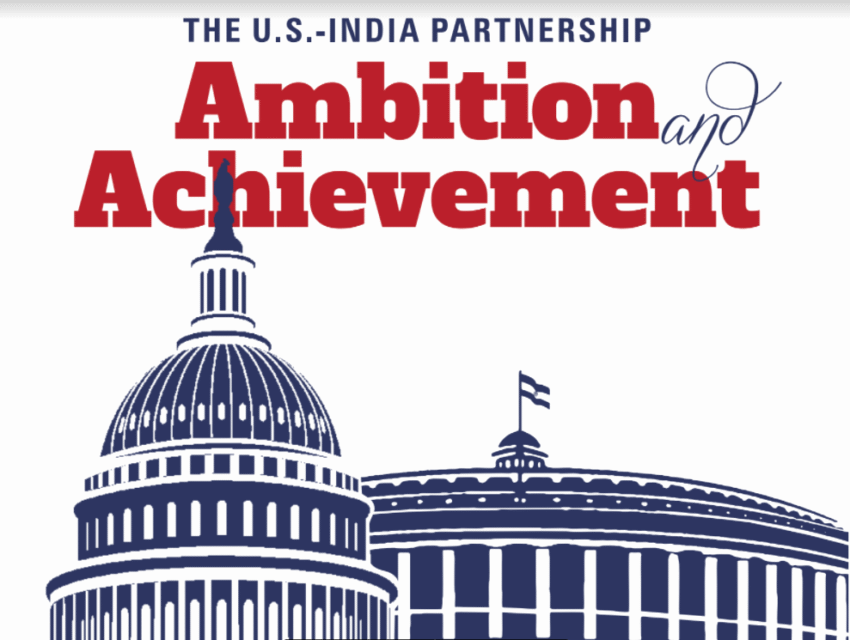
The US has announced a $100,000 fee on every H-1B visa application. President Donald Trump believes this will protect American workers. What it will actually do is slam the door on the doctors, scientists, and engineers who built America’s greatest industries. It is the immigration equivalent of his tariffs—loud, clumsy, and self-defeating. The outcome will be a weaker United States and a stronger India.
I have never defended the H-1B system. It has long been abused by third-tier outsourcing companies that treat it as a lottery to be gamed. They flood the system with applications, bring in workers by the planeload, and then rent them out at low wages. American corporations have been complicit, using the program to create a low-paid and captive workforce. Because of the decades-long green card backlog, these workers cannot change jobs or start companies. They wait in line while their employers hold the power. It is a modern form of indentured servitude.
Trump’s new fee one-ups his mindless tariffs. Instead of fixing the abuses, raising wages, or clearing the backlog, he is making the program prohibitively expensive for everyone. The true victims will be hospitals that need doctors, universities that depend on international faculty, startups that rely on global talent, and laboratories that thrive on collaboration. America’s strength has always come from immigrants. One third of Nobel Prize winners in science were born abroad. More than half of Silicon Valley’s startups were founded by immigrants. They now lead not only technology firms in the Valley but companies across the American economy.
This will be a disaster for U.S. competitiveness because location is no longer a barrier to innovation, as I have seen firsthand with my company, Vionix Biosciences. When I first tried to build the company in Silicon Valley, I could not find the hardcore engineers and scientists I needed. So I turned to India. At IIT Madras I found brilliant researchers working on deep, fundamental problems. These were people I could never have brought to the U.S., because the immigration system would have kept them out or forced them into decades of waiting. They were already advancing the frontier, eager to contribute, and ready to tackle challenges that most American graduates shy away from.
I also found extraordinary medical researchers and lab technicians at India’s leading institutions such as AIIMS and IISc. Their skills were matched by an unmatched work ethic. The same spirit defined the machine learning graduates I hired from across India. In Silicon Valley, the first question many applicants ask is about perks and stock options. In India, the first question was always about career progression. Within four months, these developers were delivering at Silicon Valley standards at a fraction of the cost—and without the entitlement that has crept into the Valley’s workforce.
With today’s collaboration tools, distributed teams can produce world-class results from anywhere. You do not need to bring talent to America to build advanced technologies. You can leave it in Bangalore or Hyderabad and still achieve global standards. By attaching a $100,000 price tag to visas, Trump is accelerating this shift. American companies will stop trying to bring people over and build their labs abroad. The knowledge, the patents, the startups, the wealth, and the tax revenues will stay outside the United States.
For India this is a historic opening. For decades, its brightest minds left because the U.S. was the only place they could do cutting-edge work, and the H-1B visa was their bridge. The U.S. has a shortage of high-end skills in fields such as artificial intelligence, deep science, hard-core engineering, computing, and biotechnology. These are not roles that can be filled by retraining displaced factory workers.
For the United States, a fix is still possible. It would mean clearing the green card backlog so workers can change jobs and build lives, raising wages so visas cannot be used to undercut Americans, shutting out the outsourcing companies that game the lottery, and prioritizing genuine talent. Imagine if Trump told the million-plus skilled immigrants stuck in limbo that their paperwork would be processed immediately if they bought or built a home. Even if half took up the offer, it would trigger more than 600 billion dollars in economic activity—hundreds of thousands of homes sold, construction jobs created, and local tax revenues soaring. The immediate economic jolt would be larger than anything Trump’s tariffs can ever deliver.
India, meanwhile, should treat this as an opportunity. It should hang a sign on Route 101 in Silicon Valley saying: If America does not want you, India does. The country now offers far more than elite schools. It has a thriving digital economy, a proven track record of scaling technologies like UPI to hundreds of millions, world-class hospitals, pharmaceutical manufacturing at global scale, and a startup ecosystem with ambition and capital. Add to this a young workforce, lower costs, and a government eager to back science and entrepreneurship, and the advantages are obvious.
Companies like mine have already discovered that India can deliver breakthroughs at global standards. If India builds on this momentum, it can become the place where the talent and entrepreneurs America is shutting out choose to create the future. America’s loss can once again become India’s gain.
Vivek Wadhwa is the CEO of Vionix Biosciences and has held academic appointments at institutions including Harvard Law School, Stanford, and Duke University.




